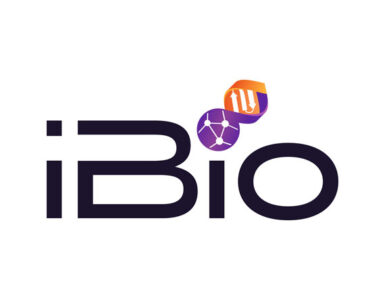
SAB Biotherapeutics (NASDAQ:SABS) will be discontinuing its work with the U.S. Department of Defense (DoD) under a prototype research and development agreement.
The agreement, which was awarded in the summer of 2019, underwent significant modifications as a result of the COVID-19 pandemic, and the government’s evolving requirements no longer align with the goals of the agreement as originally contemplated.
As part of the closeout process, SAB and the DoD will negotiate to address all open items under the agreement, which is expected to include a multi-million-dollar payment to SAB.
The conclusion of SAB’s agreement with the DoD will allow the company to focus on its core priorities and expand its current pipeline, including the launch of new research program to use its first-of-its-kind polyclonal antibody technology to treat Clostridioides difficile infection (C. diff.), a potentially terminal gastrointestinal infectious disease with few effective treatments and the most common healthcare-acquired pathogen.
SAB has advanced its preclinical program, SAB-195, a polyclonal antibody treatment for C. diff. While antibiotic treatments for C. diff. exist, they are associated with high rates of recurrent disease that are even more difficult to treat than the primary infection. SAB believes SAB-195 can have neutralizing activity against both C. diff. bacteria and multiple strains of toxins.
“The dual mechanism of action is not only comprehensively targeting the entire complex life-cycle of this pathogen, but also aims at providing superior efficacy in reducing infection recurrence, hospitalizations, and duration of hospital stay,” Alexandra Kropotova, M.D. and CMO of SAB, said in a statement. “Unlike current treatments, SAB-195 is being developed for two indications: treatment of C. diff. and prevention of recurrence of C. diff. in high-risk patients.”
SAB expects filing an IND within 18 months and announcing topline results, including indication of biological activity, from a Phase 1 clinical trial in 2024.





